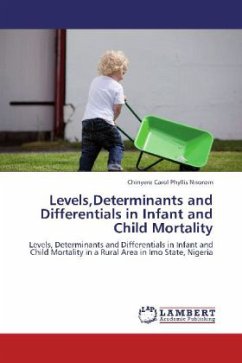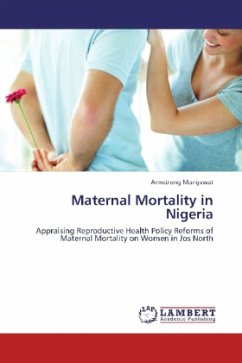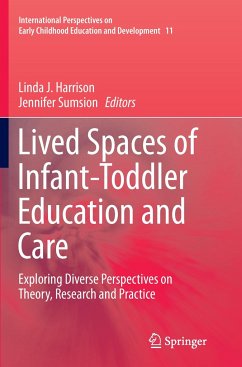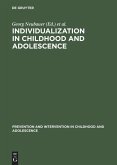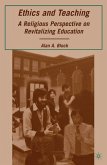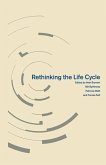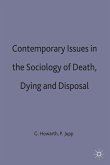Infant and child mortality remains a serious public health problem in Nigeria, especially in rural areas. This study examined the levels, socio-economic and bio-demographic differentials in infant and child mortality in Ehime Mbano - a rural area in Imo State, Nigeria. The factors that are considered include age of mother at the birth of a child, maternal and paternal education and occupation and breastfeeding among others. Infant and child mortality rates are estimated at 80 and 64 deaths per 1,000 live births respectively for the entire population. Increase in parents education was found to have negative effect on infant and child mortality. However, mothers education became insignificant at the multivariate analysis while fathers education became more significant, indicating that fathers education exerts more influence in reducing infant and child mortality than mothers education in Ehime Mbano. The findings necessitates that health policies aimed at reducing Infant and child mortality in the study area should also target fathers if appreciable impact is to be made. Health care providers, researchers and policy makers will benefit from the outcome of this research.
Bitte wählen Sie Ihr Anliegen aus.
Rechnungen
Retourenschein anfordern
Bestellstatus
Storno

